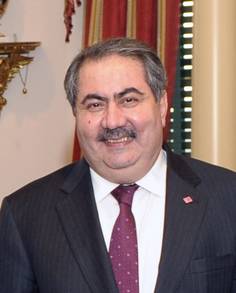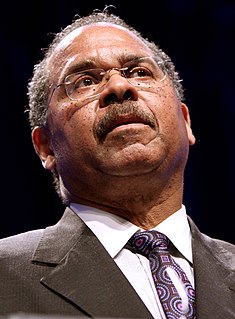A Quote by Stockwell Day
Judges must be free from political intervention or intimidation.
Quote Topics
Related Quotes
Conservatives . . . may decide to join the game and seek activist judges with conservative views. Should that come to pass, those who have tempted the courts to political judging will have gained nothing for themselves but will have destroyed a great and essential institution. . . . There are only two sides. Either the Constitution and statutes are law, which means their principles are known and control judges, or they are malleable texts that judges may rewrite to see that particular groups or political causes win.
When the psychiatrist approves of a person's actions, he judges that person to have acted with "free choice"; when he disapproves,he judges him to have acted without "free choice." It is small wonder that people find "free choice" a confusing idea: "free choice" appears to refer to what the person being judged (often called the "patient") does, whereas it is actually what the person making the judgment (often a psychiatrist or other mental health worker) thinks.
There must be no barriers to freedom of inquiry... There is no place for dogma in science. The scientist is free, and must be free to ask any question, to doubt any assertion, to seek for any evidence, to correct any errors. Our political life is also predicated on openness. We know that the only way to avoid error is to detect it and that the only way to detect it is to be free to inquire. And we know that as long as men are free to ask what they must, free to say what they think, free to think what they will, freedom can never be lost, and science can never regress.
Sometimes people say to me, 'Well, what was the difference between Kosovo, which was a successful intervention, and Iraq and Afghanistan that have been so difficult?' And the answer is perfectly simple. In Kosovo, you have, after the removal of the loss of its regime, you had a process of political and economic reconstruction that took its part without the intervention of terrorism. If you had the intervention of terrorism, by the way, it would have been extremely difficult there - but we didn't.

































